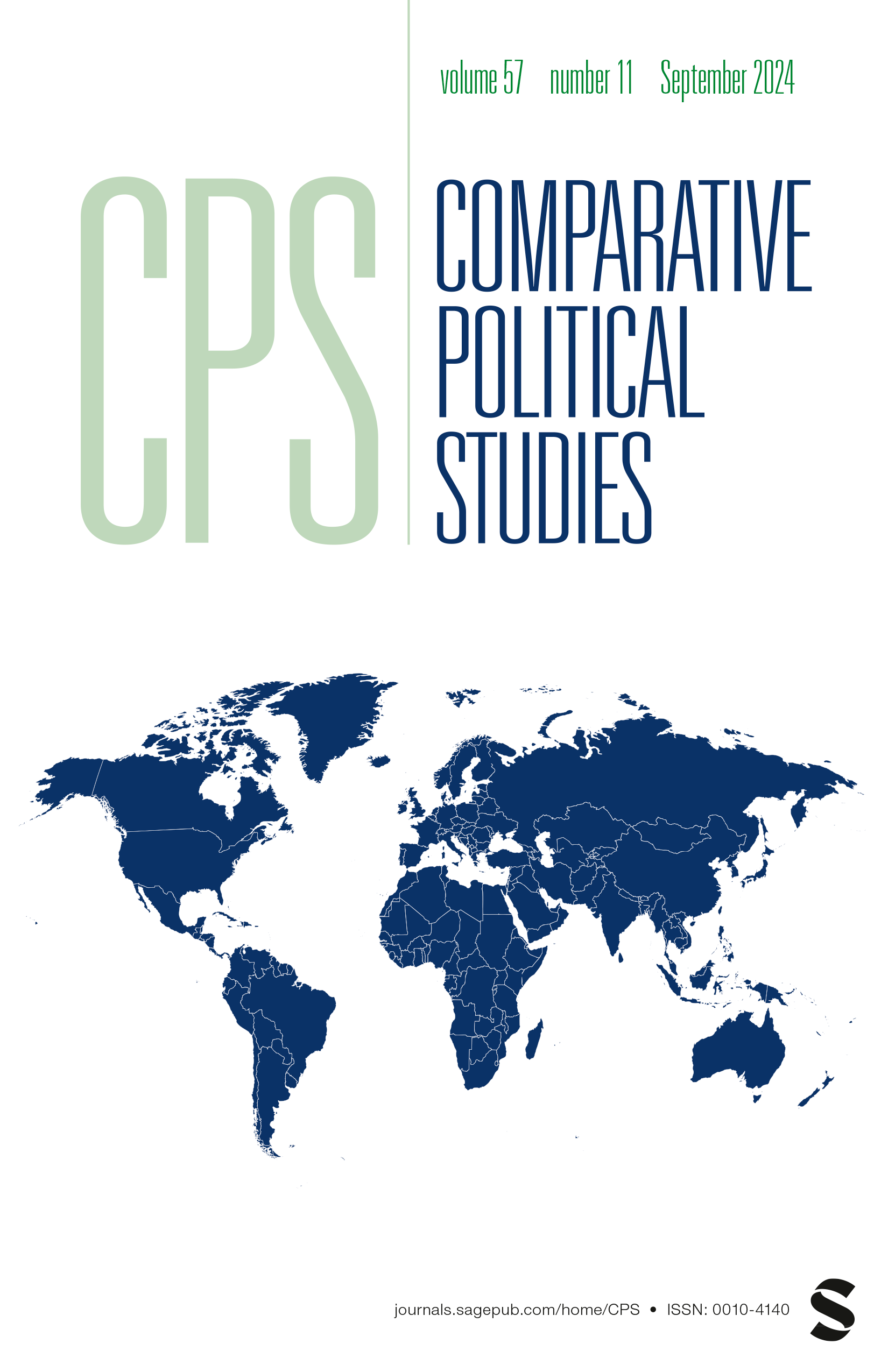This article aims at discussing the involvement of “humanitarian” actors, stemming from civil society, in treatment of the issue of refugees’ reception. It suggests the concept of “de-bordering solidarity,” to express the political meaning of such mobilizations. With this term, it refers to various forms of support provided by activists and volunteers, through which these actors contest policies of asylum and borders in practice, even when they do not advance overt political claims. Furthermore, the article factors four types of actors involved in the reception of asylum seekers, namely NGOs, other Civil Society Organizations (CSOs), social movements and common citizens.
Migration, Diversity and Development Policies
Homeless or refugee? Civil Society Actors and the…
This article identifies two main types of practices that can be used by CSAs to…




